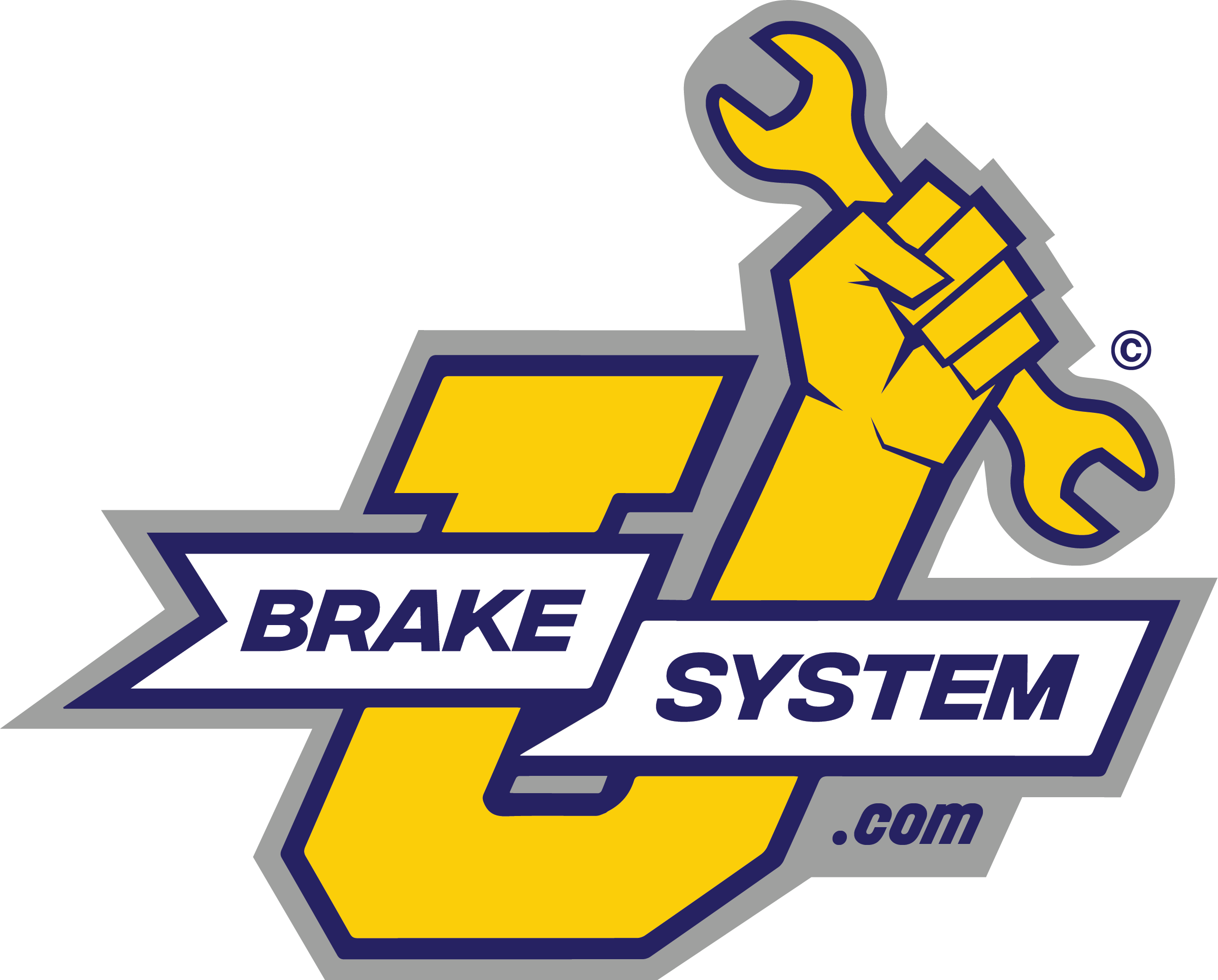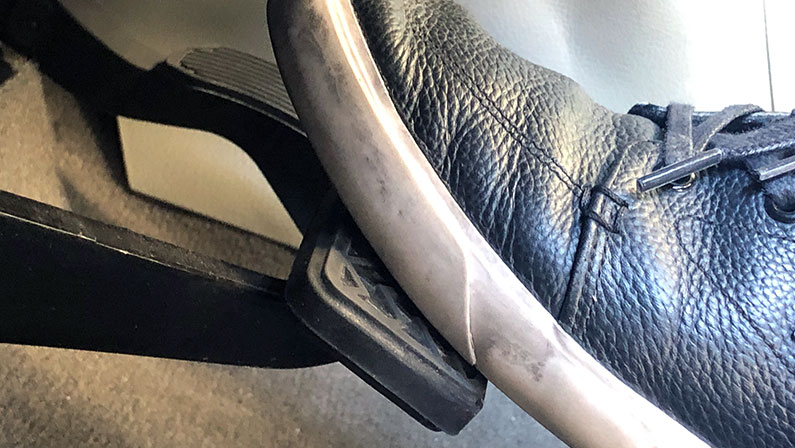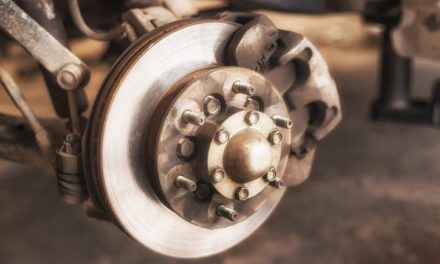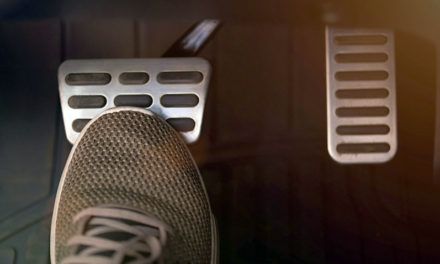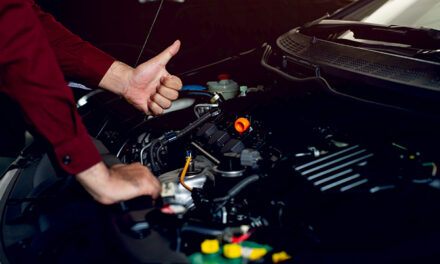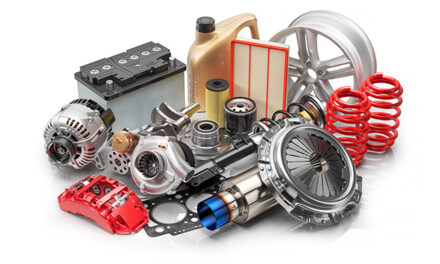Is the brake pedal in your truck, SUV, or car acting odd? Does it provide firm feedback one time and at the next light it feels soft? There is a singular reason for a spongy pedal, but the cause is not so straightforward. Learn how to locate the cause of your soft pedal by inspecting a variety of parts under the hood and beneath the car.
A Soft Brake Pedal Indicates Air in the Line or Loss of Hydraulic Fluid Pressure
A soft or spongy pedal happens when the hydraulic fluid in a closed brake system is replaced with air. How the air gets into the brake system is varied and poses a challenge when troubleshooting. Air does not have the same density as hydraulic fluid, allowing the pedal to move erratically or like a sponge when you apply pressure.
The most common cause for air in the lines is simply age and use of the vehicle. Standard disc braking systems should have the air bled out of the brakes with every pad change. When the pads wear down, the master brake cylinder must travel farther which can then draw in minute amounts of air and water into the lines. If the spongy feel returns shortly after servicing the brakes, then you should complete a more thorough inspection to find the culprit.
Look for Leaks in the Brake Lines
You may have a pinhole leak in the brake lines. To locate a hole, park your car in a clean spot. Pump the brakes several times to push the hydraulic fluid through the entire system. If you have drops of fluid appearing under the car, you may need to replace one or more brake lines. You can also run a rag along the brake lines, but the lines are likely coated with road grime, so locating the exact spot can be a challenge.
If your brake lines are the cause of the problem, replacing them with a Carlson brake line kit will have you back on the road in short order.
Bleeding the Brake Lines and Top Off the Reservoir
The brake fluid can degrade and boil off over time, so it is a good idea to completely drain your brake lines and replace them with clean fluid.
One of the reasons that brake fluid boils off after extended use is that it absorbs water. Any air that is drawn into the system through a gap in a seal also contains a certain amount of moisture. The fluid sucks up any water in the air, lowering the boiling point of the brake fluid. When the water boils off, even more room is left for air to get into the system.
Bleeding the lines ensures that as little air and water as possible are in the master cylinder and lines, providing a firmer feel when you hit the pedal. Make sure that the master cylinder is completely topped up before sealing it.
Checking the Master Brake Cylinder for Leaks and Imminent Failure
So, you have new pads, the lines are not leaking, and you have flushed the brake lines. You still have a spongy pedal after driving for a week or two. Check the master brake cylinder for leaks. Inspect the area around the pushrod and look for excess fluid and dirt around the dust seal. If the dust seal is corroded, the inner hydraulic seal could be compromised resulting in air being drawn into the system. Bad seals inside the master cylinder can also contribute to a soft pedal or brakes acting in unexpected ways. You may be able to replace the hydraulic seal or replace the entire master cylinder.
Remove the Wheel to Check the Bleeder Valve and Flexible Hose
Each wheel has a bleeder valve. If one of these valves was left loose after the last service or has failed, that will result in a poor brake pedal response. A new bleeder valve may be the least expensive fix for a persistent brake problem. The new valve should only be closed after you have removed all the air from the system.
Inspect the flexible hose running from the main brake line to the brake calipers. Old hoses can blister, giving your brake pedal that soft feel.
Brake Pads and the Pedal Linkage are not Likely Causes
It may seem intuitive to think that the actual brake pedal is the problem. However, the pedal serves as a mechanical lever to actuate the master brake cylinder and is one of the most bulletproof parts of your car. In this case, the pedal is the zebra, and your brake lines, valves, and cylinders are the horses. Also, worn brake pads may contribute to the soft feel, but changing them will not get rid of the air in the lines.
